Without modifing class A code you won't be able to UT the ReadBlock method using Moq. You'll be able to UT this method using code weaving tools (MsFakes, Typemock Isolator, etc...)
For example(MsFakes):
[TestMethod]
public void TestMethod1()
{
using (ShimsContext.Create())
{
ShimCloudBlockBlob.AllInstances.<the method you want to override> = (<the method arguments>) => {};
}
}
Inside the using scope you'll be able to override any method CloudBlockBlob has, through the property AllInstances.
In the next section I'm going to discuss all the other options you have...
Option 1:
public class A
{
private IBlockBlob _blockBlob;
public A(IBlockBlob blockBlob)
{
_blockBlob = blockBlob;
}
public void ReadBlock()
{
_blockBlob.DoSomething();
}
}
Since you create a new instance each time call ReadBlock(your method's current behavior) you better inject a factory instead of wrapper and DoSomething should be create; Option 2:
public class A
{
private readonly IFactoryBlockBlob _blobFctory;
public A(IFactoryBlockBlob blobFctory)
{
_blobFctory = blobFctory;
}
public void ReadBlock()
{
var blob = _blobFctory.Create();
}
}
However, based on your question and your comments it seems that your class 'has a dependency' instead of 'needs a dependency'.

(Mark Siemens wrote a great book about DI, this chart was taken from his book)
With this new piece of information your method should be something like; Option 3:
public class A
{
public void ReadBlock(ICloudBlob blob)
{
}
}
But you don't want to change the signature of the method:
public class A
{
public void ReadBlock()
{
ReadBlock(new CloudBlockBlob(<the params bla bla...>));
}
internal void ReadBlock(ICloudBlob blob)
{
}
}
Add InternalsVisibleToAttribute, then verify the behavior of the internal method.
By reading between the lines, it feels to me that your class is a kind of "legacy code" meaning that it can do the job, won't change, and verifying its behavior might be a waste of time. In the past I've posted a chart (in this answer) which may help you to decide the way to handle this case.
